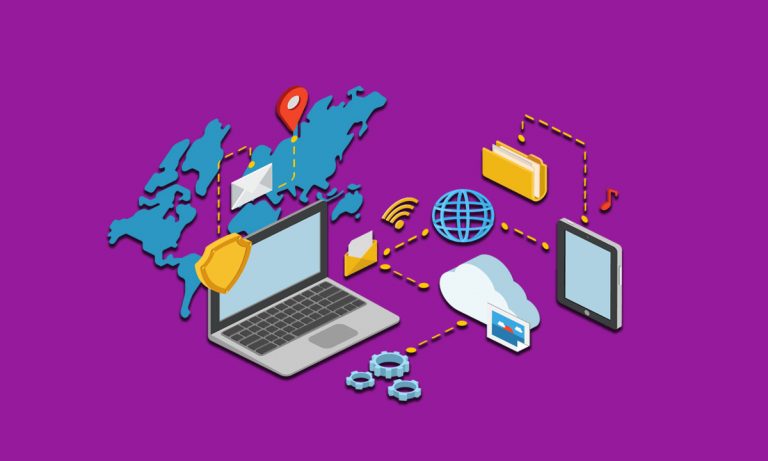According to research on common passwords worldwide, poor password hygiene is a global issue that threatens users’ online safety. To help you protect your online identity, we came up with a list of the best password practices for bringing your overall cybersecurity to a higher level.
Contents
1. Create unique and robust credentials
Does any of your passwords contain your pet’s name or significant birthday? If it does, you should change it immediately. Poor password quality can significantly weaken your security and lead to a data breach. Alongside omitting personal names and birthdays from your passwords, here are some other practices you should bear in mind when creating your credentials:
Do:
- Use passwords that are at least 12 characters long
- Use a combination of letters, symbols, and numbers
- Use a whole sentence as a password
Don’t:
- Reuse your passwords for several accounts
- Write down your passwords on sticky notes nor store them on your device
- Use dictionary words like “apple”, “water”, etc.
2. Let the password manager do the job
Human memory tends to be notoriously unreliable. Therefore, it’s better to let a password manager do the job for you. It will encrypt your credentials and safely store them in a vault. A good rule of thumb is to choose a cloud-based password manager instead of one that uses local storage. This way, if your device gets stolen or lost, you will be able to restore your credentials. On the other hand, if you decide to store your passwords locally, your password database will get lost with the device. Moreover, most password managers have a generating option. They can create highly secure credentials for each of your accounts, so you won’t have to think about coming up with unique passwords and regularly updating them.
3. Don’t share your passwords
Google’s research on passwords conducted that 43% of adults in the US have shared their credentials with a partner or a family member. While it may not seem like a risky practice at first,
sharing passwords via sticky notes or text messages may severely undermine your online security. If you need to give someone your credentials, rely on tools like password managers that have a safe sharing option to ensure that your passwords stay encrypted while in traffic.
4. Don’t reuse your passwords
Another unsafe practice that can weaken your security is recycling passwords for multiple accounts. We often come up with a password that we think we’ll easily recall and decide to use it to protect everything from our emails to online shop accounts. It’s especially dangerous to use the same credentials for your business and personal accounts. This way, if someone gets ahold of your password, it can steal your company’s sensitive data and threaten your business operations.
5. Tweak your privacy settings
Every account you signed up for has preset privacy settings that mostly don’t do you any favor. Most of the sites and apps we interact with track our location and online activity and use them for marketing purposes. However, since our data tends to be a valuable asset, tech companies use it for various other purposes we usually don’t know we agreed upon. If you want to protect your privacy and increase your online security, take some time and research how to tweak privacy settings on your accounts to minimize the amount of personal data you’re giving away.
Conclusion
Coming up with a resilient cybersecurity plan is not an easy task. However, proper research and regular security updates can help you stay under hackers’ radar. Since passwords are still the most common method of protecting our accounts, make sure to protect them at all costs.

